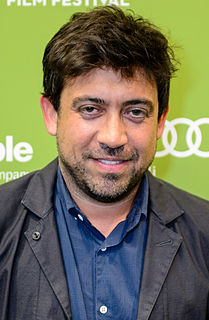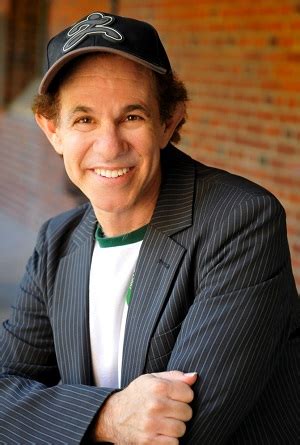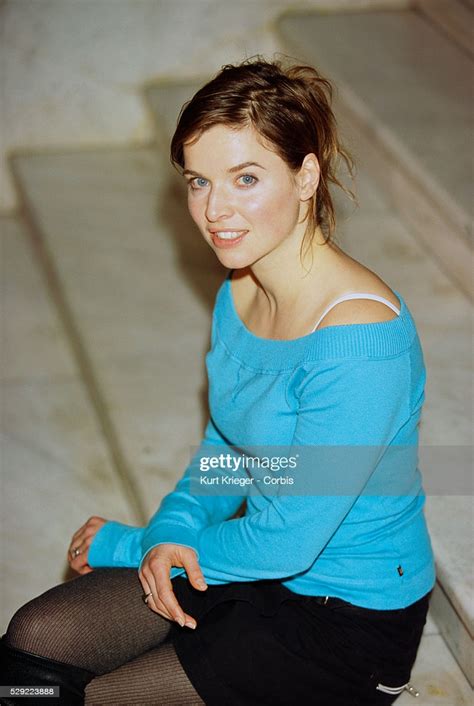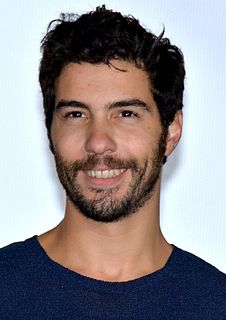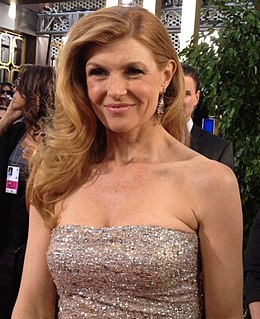A Quote by Alfonso Gomez-Rejon
Musicals and horror films can be very non-verbal and very pure cinema with movement. The camera is justified in being a character. It can really move and tell a story, and literally direct you to look here or there.
Related Quotes
I think it's very valuable as an actor to throw yourself back into having that direct connection with an audience on-stage and work that muscle. It is a very different type of work and equally fascinating. I mean, I've very much in love with filmmaking because I really love the way you can tell stories with a camera and how music and everything contributes to the story in a very direct way. But I also think it's very valuable to come back to theatre, so if the right script came along I would love to come back to London and do some more.
I think that horror films have a very direct relationship to the time in which they're made. The films that really strike a film with the public are very often reflecting something that everyone, consciously or unconsciously feeling - atomic age, post 9-11, post Iraq war; it's hard to predict what people are going to be afraid of.
I don't paint, and I can't draw, but I see things, I think, quite well, and I love being able to freeze things with the camera, particularly the children. Then I discovered with the camera that you can tell a whole story with just freezing a moment in reality. I find it a very good way, a very satisfying feeling.
As a horror movie fan, I was very obsessed with horror films. Still am. I love the genre. For me, horror films are opera, and they are... instead of consumption killing off the young lovers, it's Jason Voorhees or Michael Myers. It is when the stakes are at their absolute largest in a story: whether somebody is going to live or die. In a way, it's just holding up a mirror to life.
I've been making films with almost no dialogue (laughs), so sound and music become a very powerful character to tell the story. It's almost like with sound and music and images, it's your tool to tell the story, especially when I decide to structure the film in a way that usually goes against the conventions of the three-act structure which most films are made out of.
I think what I loved in cinema - and what I mean by cinema is not just films, but proper, classical cinema - are the extraordinary moments that can occur on screen. At the same time, I do feel that cinema and theater feed each other. I feel like you can do close-up on stage and you can do something very bold and highly characterized - and, dare I say, theatrical - on camera. I think the cameras and the viewpoints shift depending on the intensity and integrity of your intention and focus on that.
It's a really unique situation where you just - you make independent films or you make big blockbuster movies, but it's very rare when all of those ingredients come together, and you can really tell a story that you care about with a character you absolutely love with the people you love making movies with.
